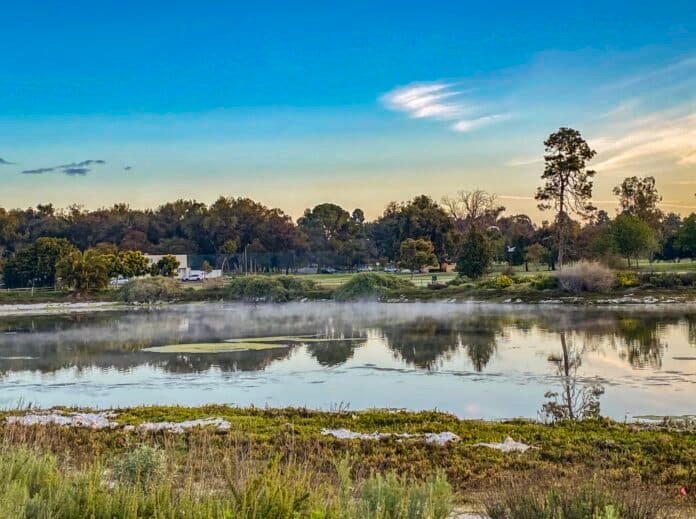Long Beach is often described as a small-big town. And it’s true. With half of a million people living here, it can feel massive. But its charm, combined with it Manhattan-itis—the fact that locals rarely decide to leave the island—sometimes make the city we all love, well, stifling.
But there are ways to escape Long Beach without leaving Long Beach. And they require nothing more than a bit of exploration with transit, your feet, your bike, or your wheelchair.

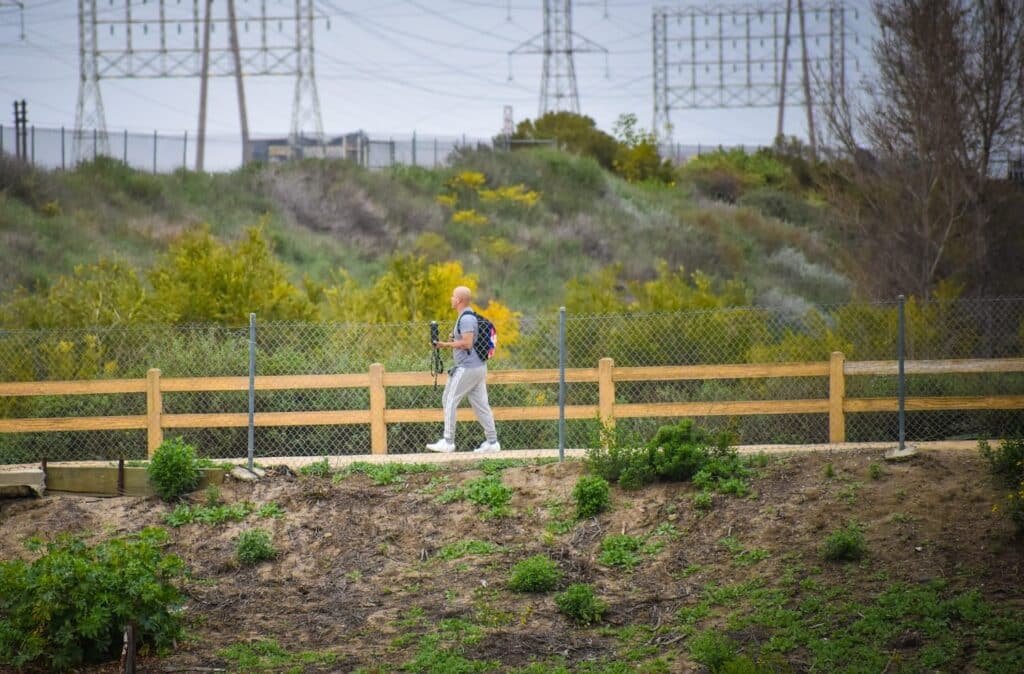
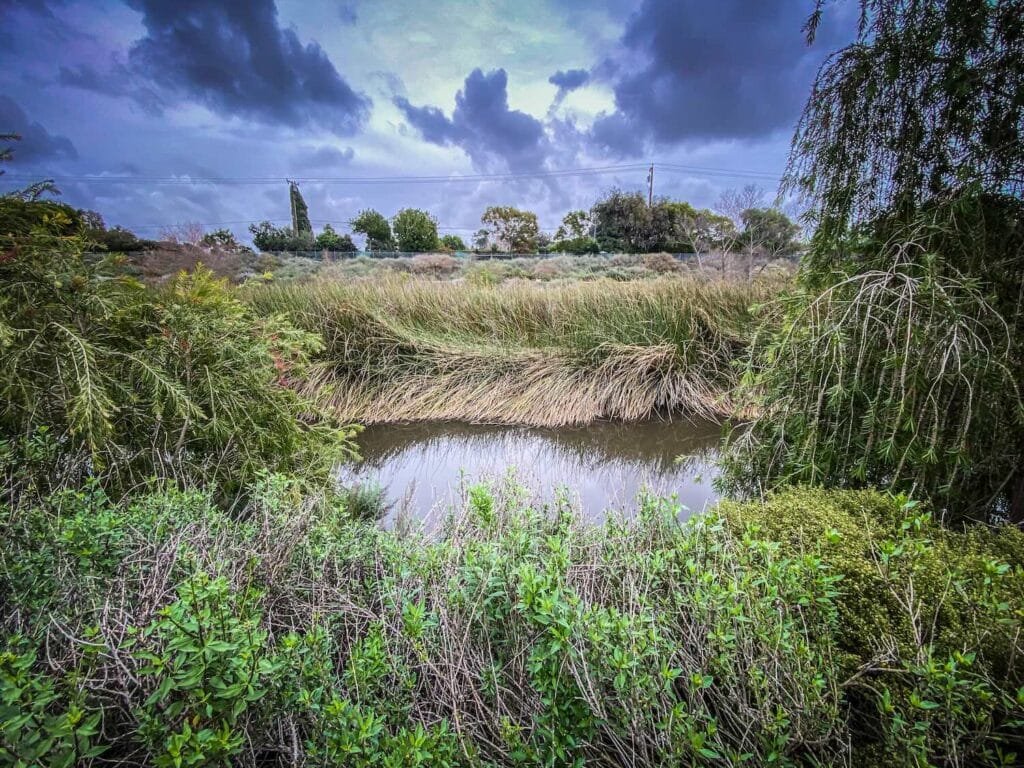
Dominguez Gap Wetlands
Hidden on the eastern edge of the L.A. River Bike Path, shoved between Wardlow on the south and Del Amo at the north, sits one of Long Beach’s most underrated natural wonders. The Dominguez Gap Wetlands, 30 acres of nature at its best. It is complete with common sightings of birds, a plethora of native plants and flowers, and places to picnic.
Since opening in 2008, creatures have come in droves to make the wetlands their homes. And not just ducks, blackbirds, hawks, and cormorants, but butterflies, rabbits, and other wildlife.
Fun fact for the nerds. This manmade wetlands has an entirely unseen quality. That is, an full-on water-cleansing system that uses the wetlands plants to clean the water before pumping it back into the ground.
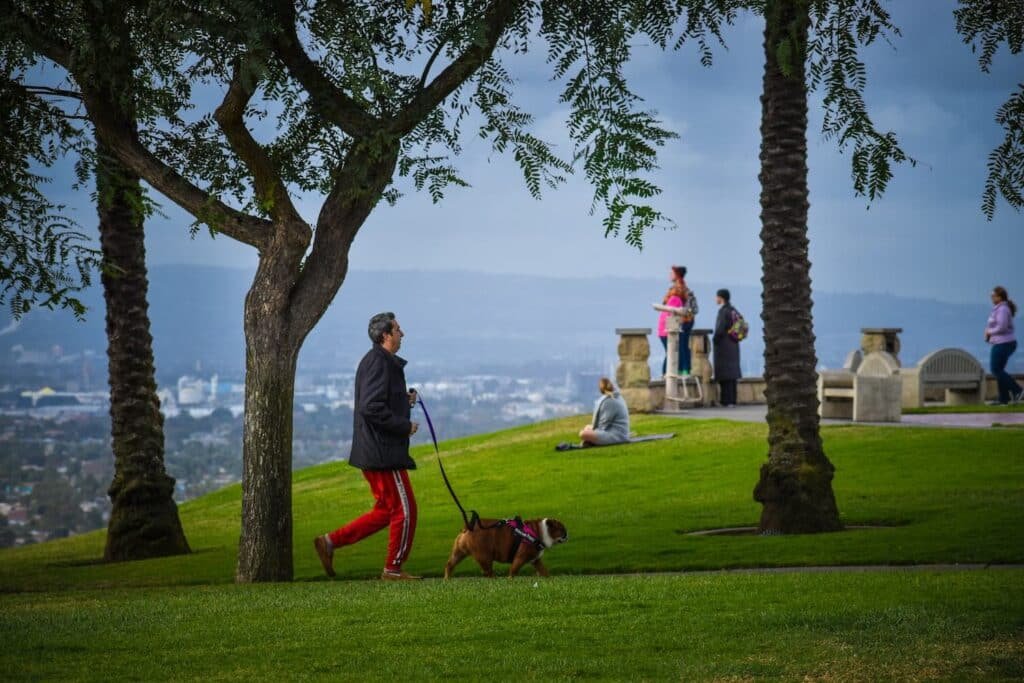

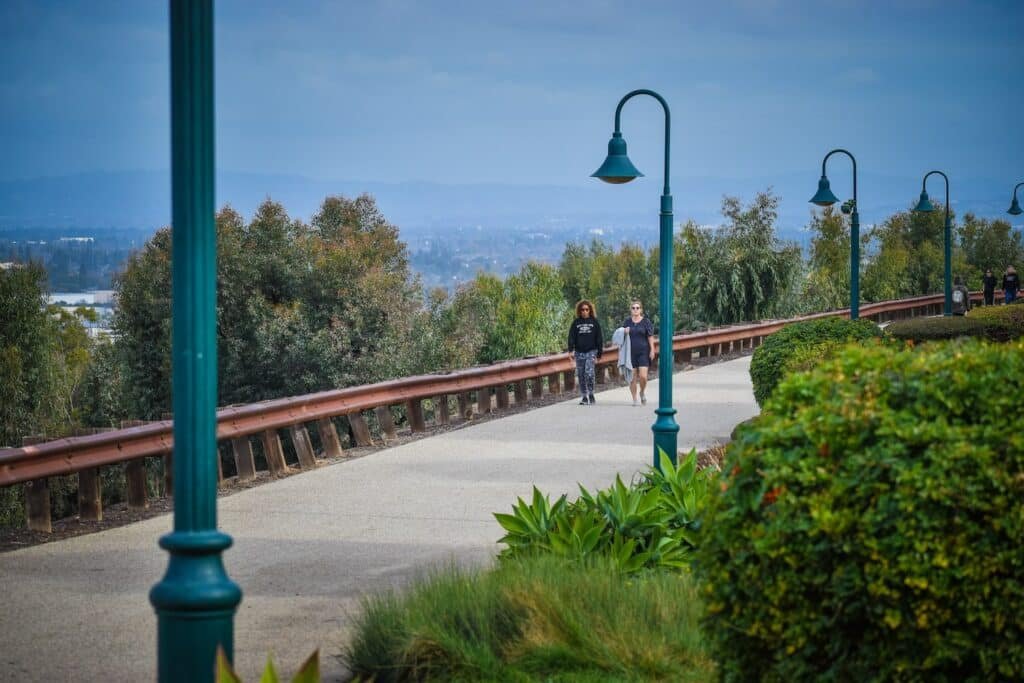
Hilltop Park and Panorama Promenade
As it celebrates its 100th birthday, Signal Hill will always remain an odd part of the Long Beach landscape. After all, it is entirely surrounded, 360 degrees, by Long Beach itself. Which makes it more a Long Beach island than its own entity—but it very much is the latter. And that includes what is likely its most used resource by Long Beachers and visitors alike. Hilltop Park and the neighboring Panorama Promenade.
Hilltop offers some of the most spectacular views of DTLB. And the nearby Promenade? It can give you a stellar view of Downtown Los Angeles on a clear day or, as pictured above, after the rain.
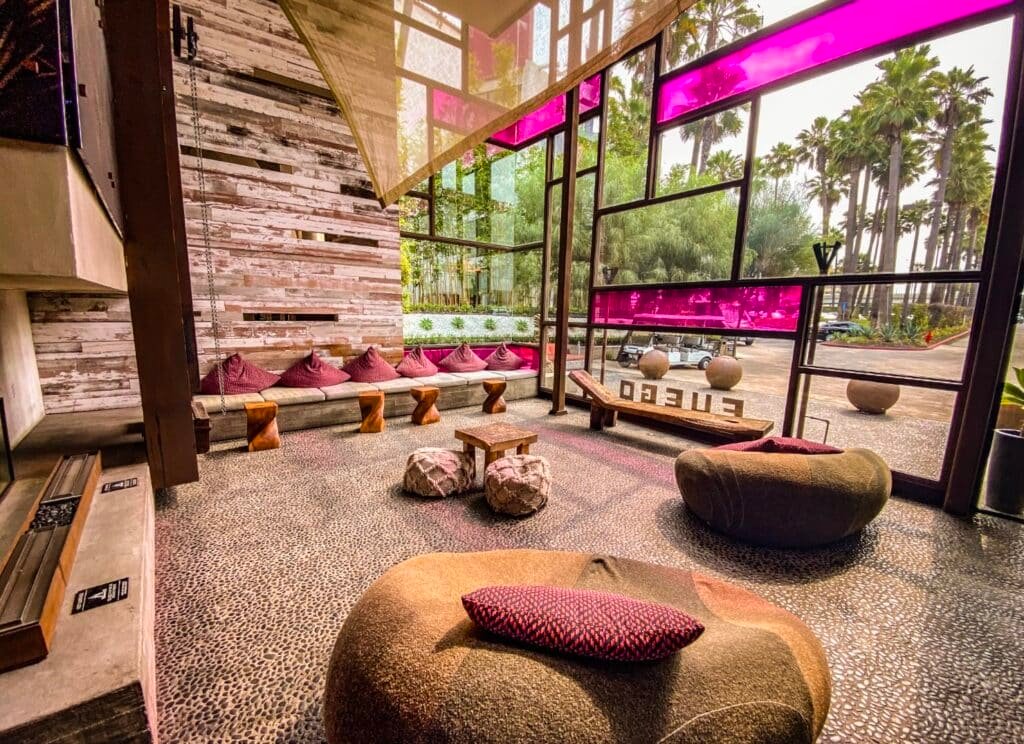
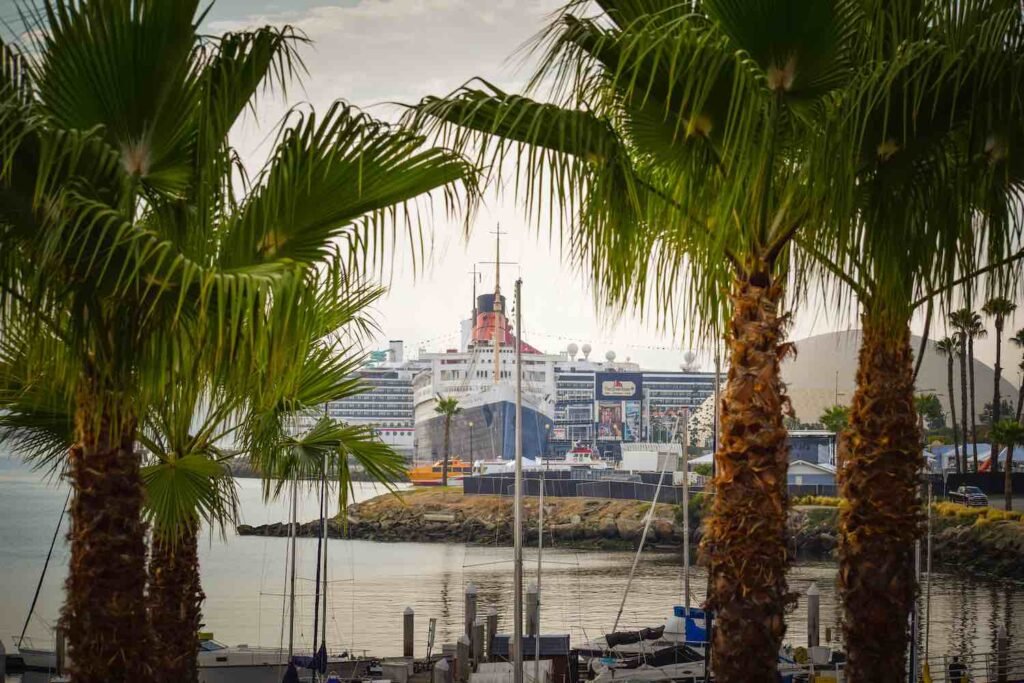
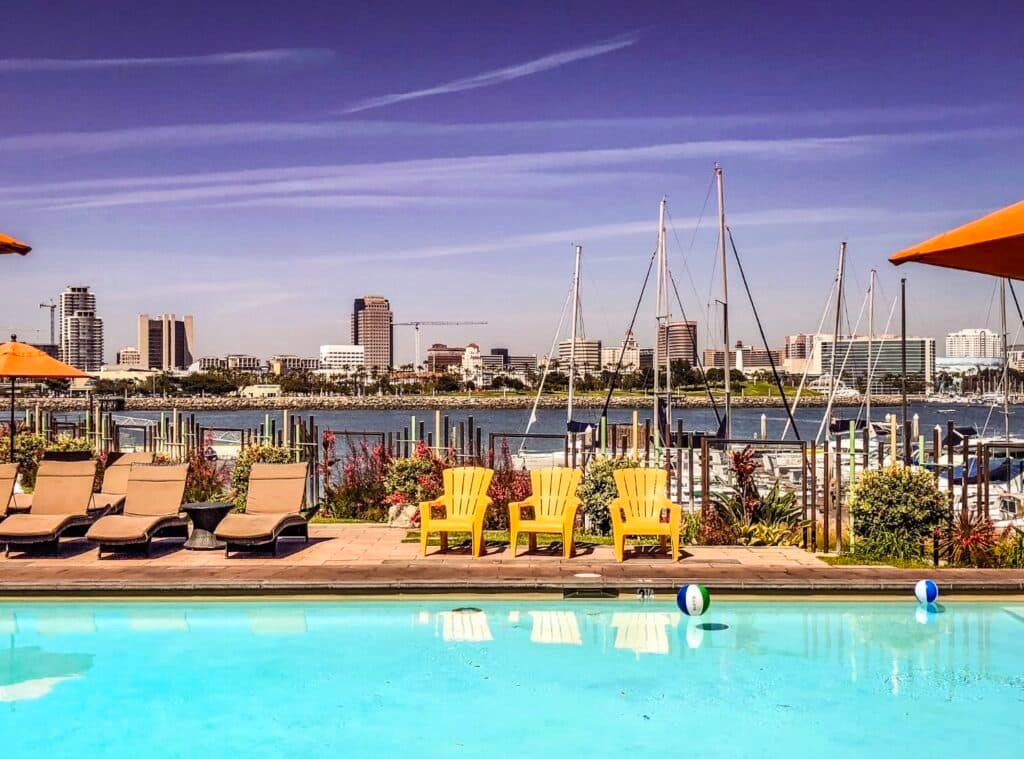
South Shore
I honestly don’t ascribe to any “official” name of this area, home to the Queen Mary and Hotel Maya. And that is because “South Shore,” bluntly put, sounds much more glamorous than “Pier J.” And unlike “Queensway Bay,” lets people know there is more than just the Queen in the area.
So I go with the the South Shore. And it offers unparalleled views of DTLB without the need for a boat or a plane, some decent grub—Fuego at Maya, Chelsea Chowder House on the Queen Mary, and The Reef are all classic Long Beach restaurants—and incredible ambiance.
If you’re really wanting to escape and willin’ to throw down a few dimes, you can get a room at the Queen Mary—which offers an historic feel—or Hotel Maya—which comes with the comforts of life including a heated pool with a bar and cabanas, a mini-beach equipped with fire pits (and s’mores if you call the front desk), and downright full escapism. You can also score a day room for $54.
Even if you don’t get a room, meandering this part of Long Beach is nothing short of awesome.
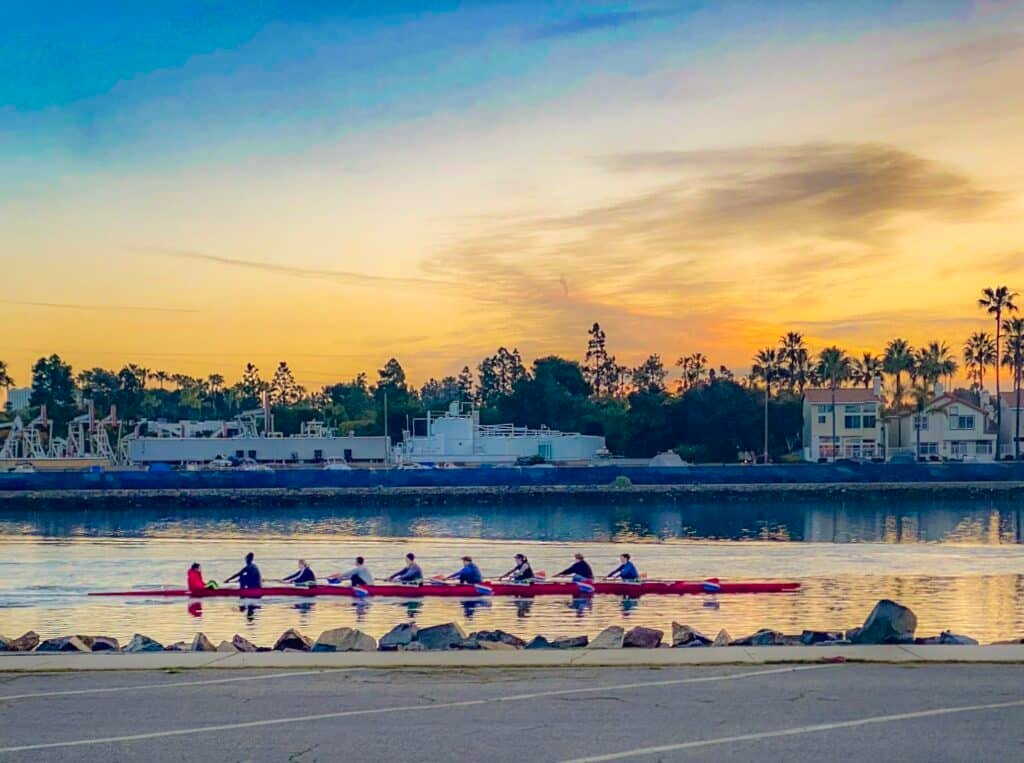
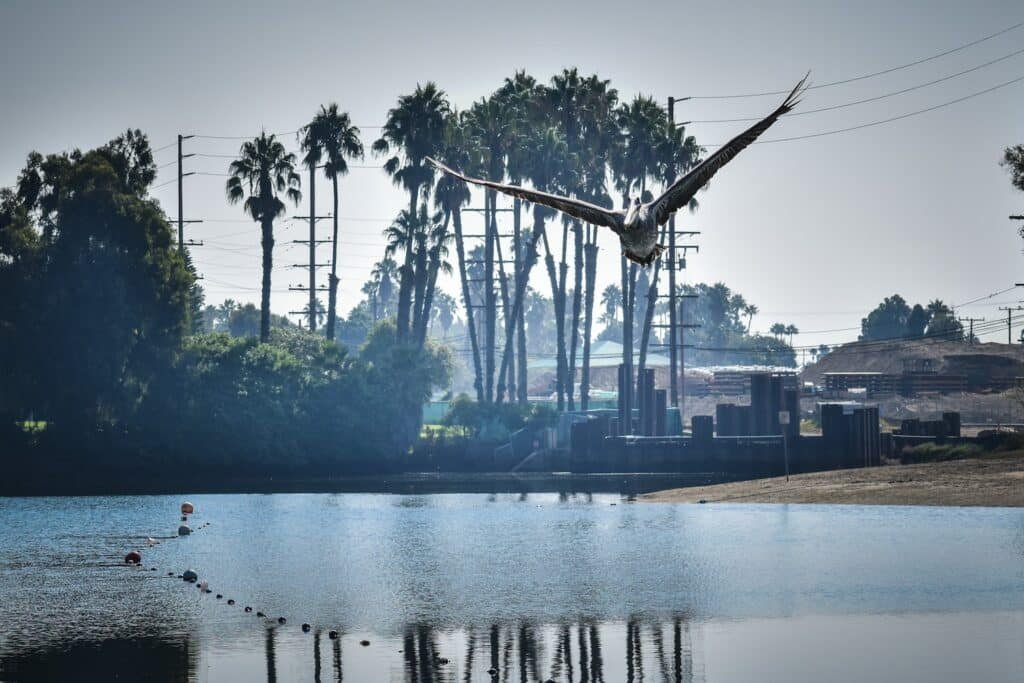
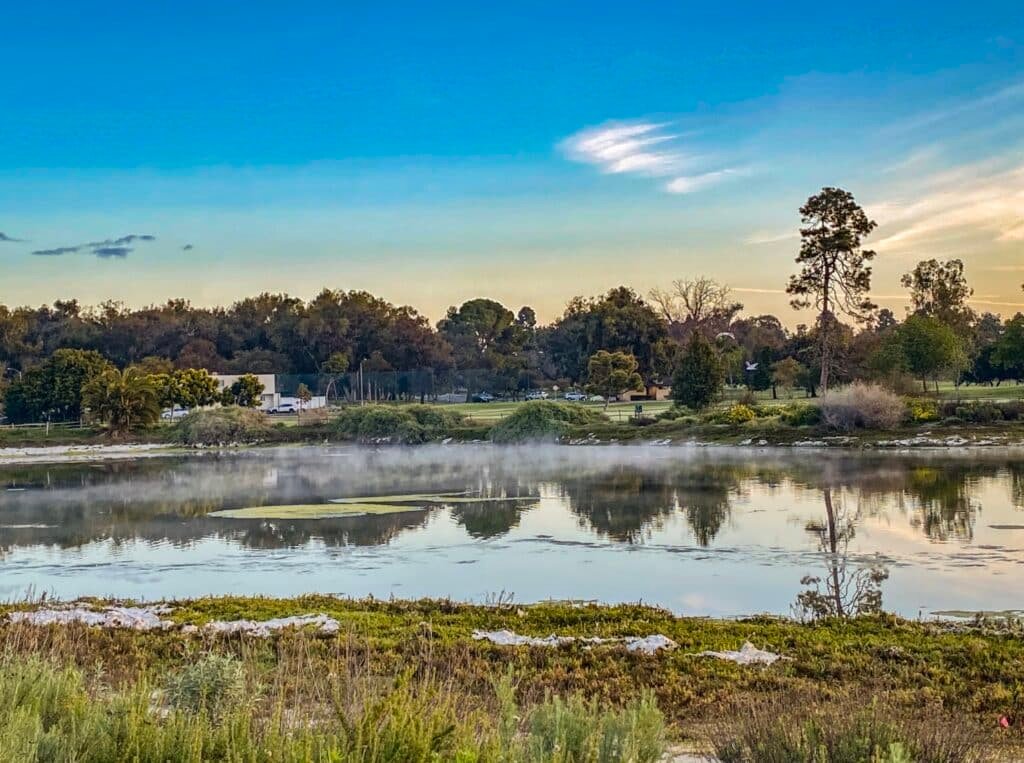
Colorado Lagoon and Marine Stadium
The space of land that connects Colorado Lagoon and Marine Stadium will look vastly different come next year. The $32.5M Colorado Lagoon project—set to bring a new tidal flow channel between Colorado Lagoon and Marine Stadium that hasn’t been seen since the 1960s—is the city’s largest infrastructure project currently under construction and has caused a complete diversion of East Long Beach traffic.
But that doesn’t mean the areas as they stand aren’t worth visiting. Colorado Lagoon will have a beautifully thin layer of fog run across its surface during the early morning hours. And Marine Stadium—just a small jaunt south of Colorado Lagoon—will have everything from water skiers to rowers.
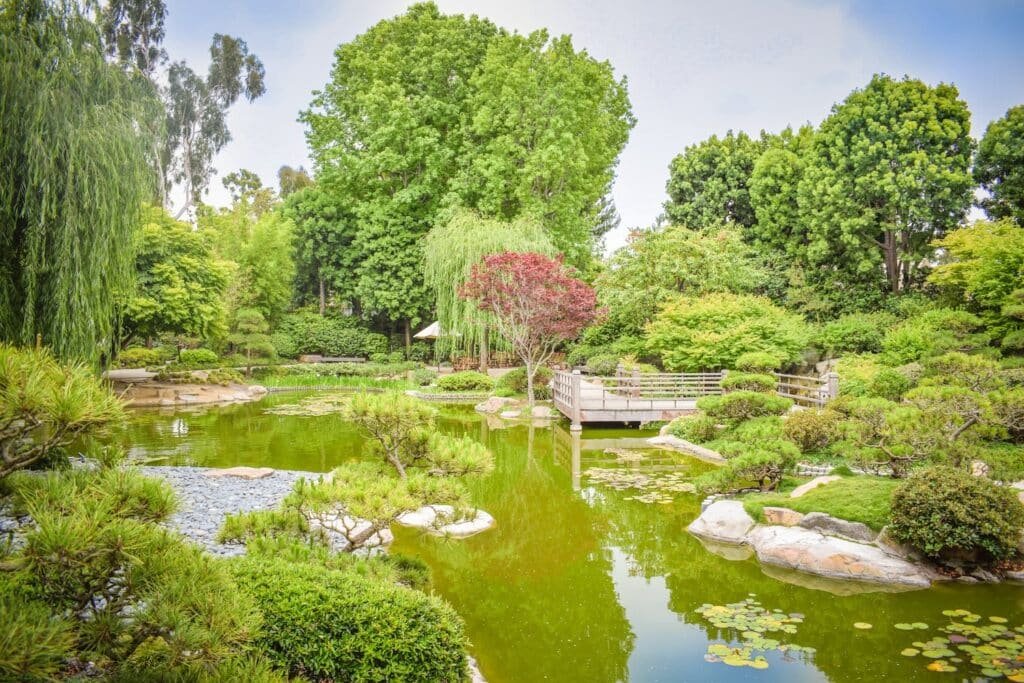
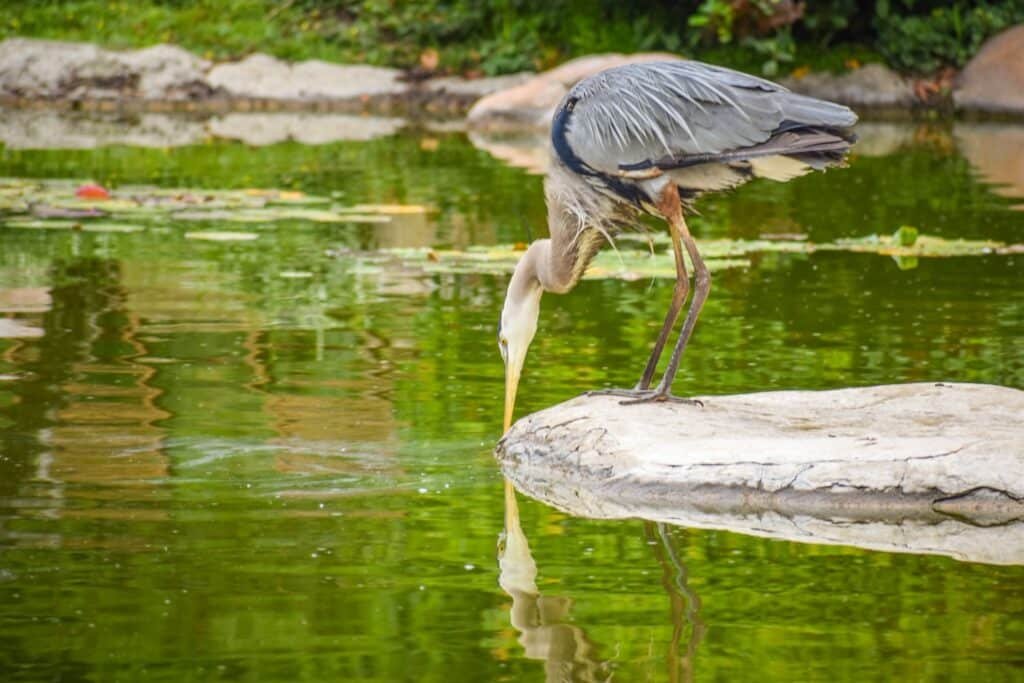
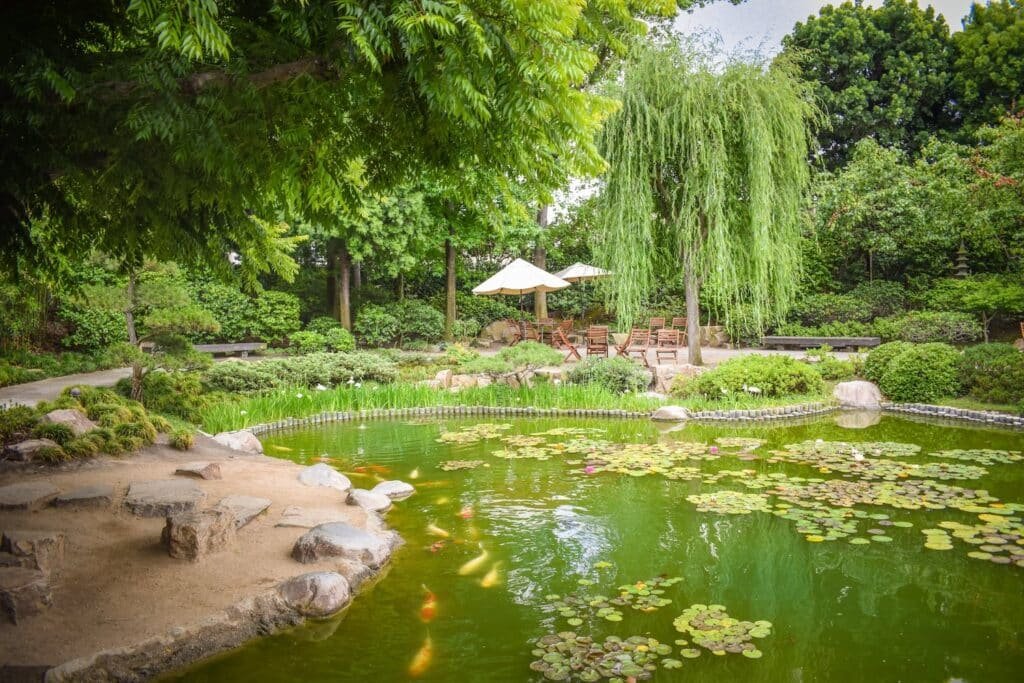
Earl Miller Japanese Garden at CSULB
It is arguably one of Long Beach’s most underrated spaces. But for those that know and love this little 1.3 acre of land, it is a genuine Long Beach wonder, becoming home to wedding shoots, parties, and simple escape from the hubbub of urban living.
Dedicated in April of 1981, the garden was built through the donation of Loraine Miller Collins via the Miller Foundation. Created in memory of her late husband, Earl Burns Miller, three years of planning brought Long Beach landscape architect Ed Lovell to design the garden. Lovell traveled Japan for months in search of creating a synergy that would transport those in Long Beach to the countless gardens he visited in the land of the rising sun.
Japanese black pines, maples, and ginkgoes pruned in the ueki style provide visitors one of the most relaxing and distinctly unique experiences in Long Beach.

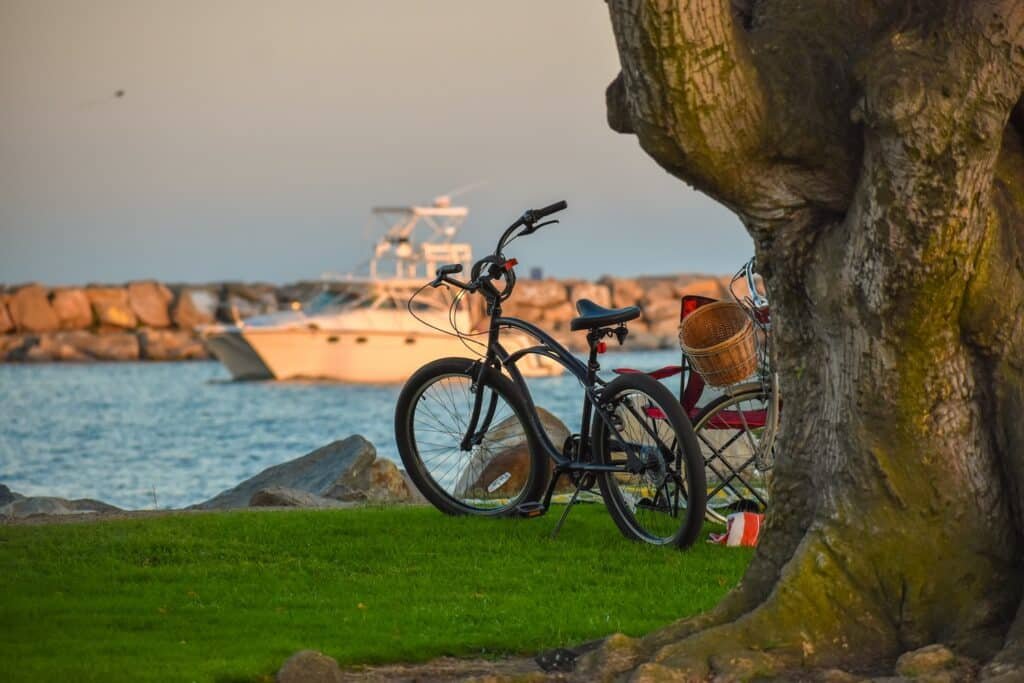

The Peninsula walks (shoreline east of Bayshore Ave.)
The Long Beach Peninsula—an often forgot-about part of town given its neighboring Belmont Shore and Naples stealing the popularity thunder consistently—is a quiet gem. And by quiet, I mean quiet.
Removed from the cacophony of Ocean Blvd. and Alamitos Beach, the Peninsula could be seen as ho-hum—and that’s precisely what makes it a great escape. Walk along the long stretches of either the Seaside Walk or the Bayshore Walk, viewing the facades of beachside homes while either taking in a view of the Pacific or Alamitos Bay. Upon reaching the tip of the Peninsula, hang out at Alamitos Park, say hi to the lifeguards at their station, and walk back to Olive by the Bay for a lunch.


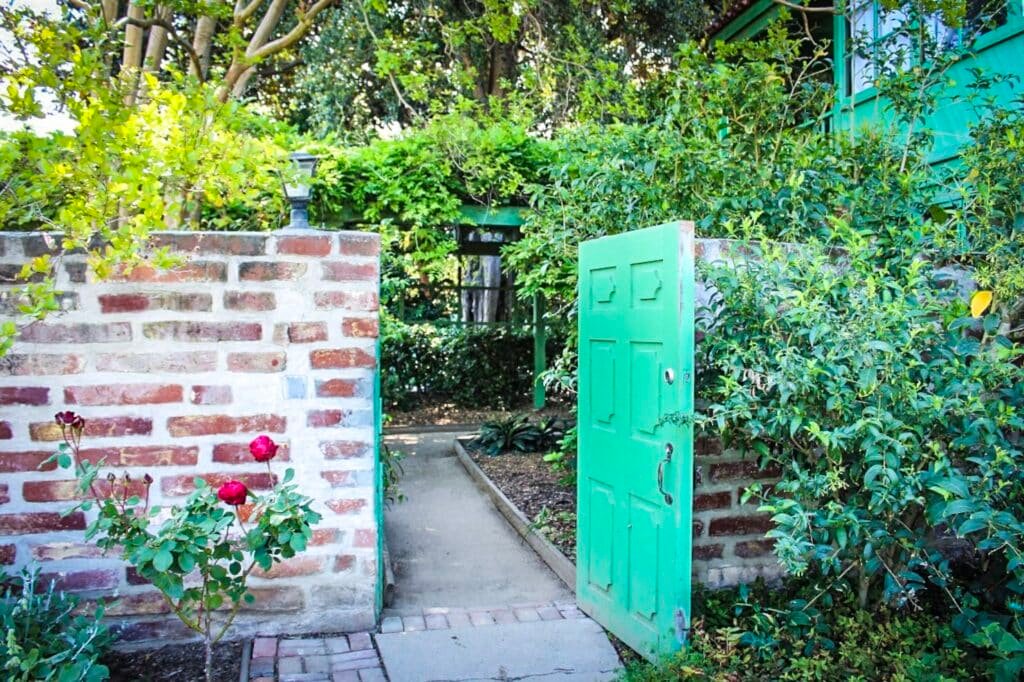
Rancho Los Cerritos
National, state, and Long Beach historic landmark Rancho Los Cerritos is a Long Beach treasure nestled in the center of Virginia Country Club amongst 27,000 acres of rancho estate founded in the 1880s. A decade ago, the space completed its California native garden after several years of planning and design that is in line with the site’s 25-year restoration plan.
Visitors can take self-guided tours on weekdays or guided tours on the hour every weekend, and stroll the historic gardens at their leisure. Students, scholars and amateur historians can also use the California history research library during public hours. And, for the lovers of beer and sake, multiple festivals are hosted by Dennis Trilles of Craft LB throughout the year.
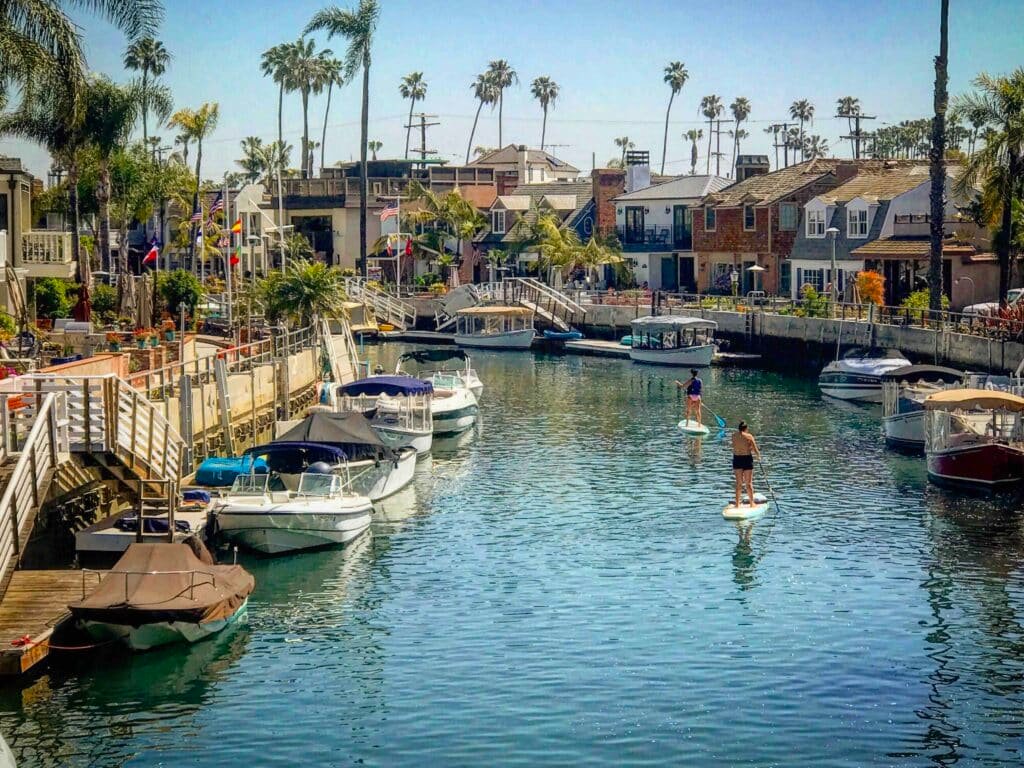
Naples
One our most charming (and most expensive) neighborhoods, this unique play on the canals of Italy makes Naples a very walkable space. Home to some of the city’s most beautiful homes, taking a stroll through its water-lined sidewalks and over various bridges makes it feel like it is easy to get lost—metaphorically and literally.

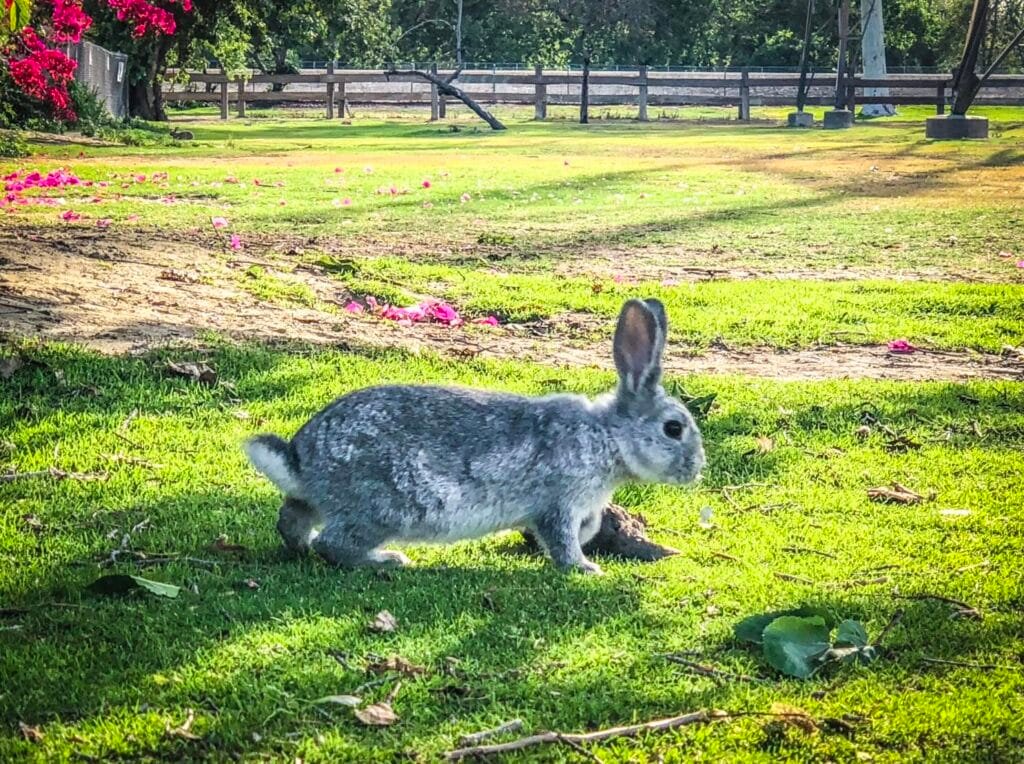
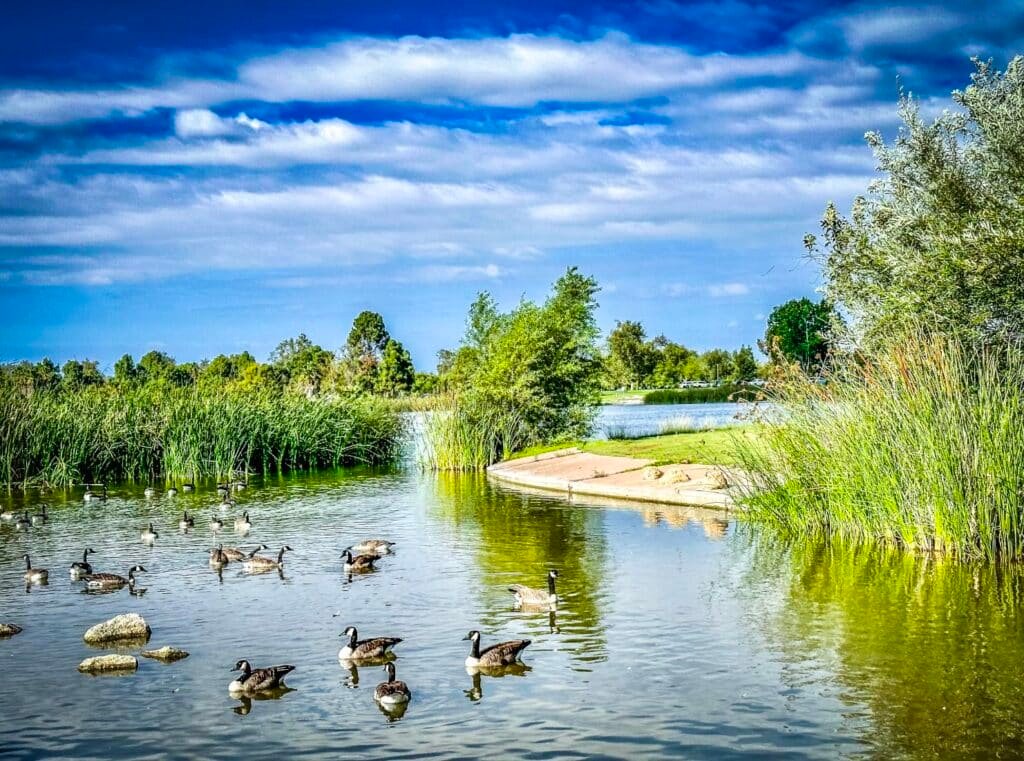
El Dorado Park
Archery. Bike trails. Fishing lakes. Model sailboat and plane areas. Barbecues. Playgrounds. A nature center. Even a mini-theme park. There is so much to write about El Dorado Park given its 641-acre spread—but in all honesty, it is worthy of multiple trips to experience its tangible beauty that no words can fulfill.

